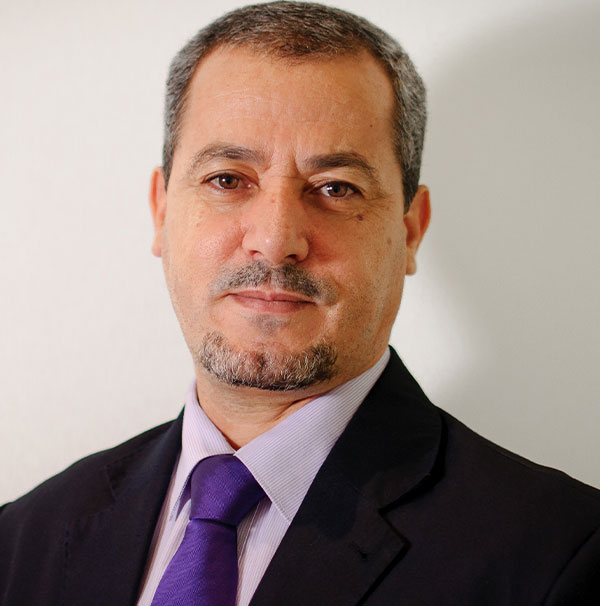
The humanities and social sciences are of great importance and occupy a central position in Qatar University’s research vision, which aims to address the country’s research needs in key national priority areas. As a result, the social sciences have been designated as one of the university’s four primary research pillars, alongside energy and environment, health and life sciences, and information and communication technology.
As an integral part of Qatar University, the Ibn Khaldon Center for Humanities and Social Sciences aligns with the university’s vision and works to advance research in these fields. The progress and prosperity of societies are closely tied to their level of awareness—higher awareness fosters development, security, and stability, whereas a decline in awareness negatively impacts all aspects of society. The humanities and social sciences play a critical role in shaping both individual and collective awareness by examining how individuals and groups interact with one another and engage with various facets of life, including economics, politics, religion, culture, the environment … etc.
The center seeks to explore and cultivate this awareness by studying and analyzing human and social phenomena. Social advancement is not solely dependent on scientific and technological progress; it also requires a solid intellectual framework that enables a deeper understanding of these phenomena and provides guidance for addressing them with insight and maturity. Historical and contemporary experiences have shown that the growth of applied sciences, without a corresponding advancement in the humanities and social sciences, can lead to significant social, cultural, environmental, economic, and political imbalances, ultimately impacting societal stability and the course of civilization.
In response to these challenges, Qatar University established the Ibn Khaldon Center for Humanities and Social Sciences in 2018 as a pioneering institution dedicated to developing and localizing theoretical frameworks in the humanities and social sciences. The center aims to tailor these disciplines to better meet the intellectual and scientific needs of our societies by collaborating with esteemed institutions and distinguished researchers at the local, regional, and international levels. This collaboration focuses on producing, evaluating, managing, and promoting research projects based on five key strategic frameworks:
- Interdisciplinarity: Fostering systematic interaction between various branches of the humanities, social sciences, and other fields of knowledge to enhance intellectual synergy, contribute to human knowledge, and offer effective solutions to complex real-world challenges.
- Indigenization/Localization: Adapting these disciplines to the realities and knowledge needs of Arab and Islamic societies, ensuring they can address contemporary intellectual and social questions.
- Cross-Cultural Fertilization/Intercultural Dialogue: Promoting meaningful engagement between different cultures and civilizations, facilitating the exchange of intellectual strengths, and enriching global knowledge.
- Relevance and Applicability: Staying responsive to evolving academic and intellectual trends, enabling the analysis and advancement of social realities in light of regional and global transformations.
The center operates with the values of excellence, diversity, independence, objectivity, and integration, to accomplish its five key strategic frameworks and conduct its research projects and activities.
Dr. Badrane Benlahcene
Acting Director of Ibn Khaldon Center for Humanities and Social Sciences